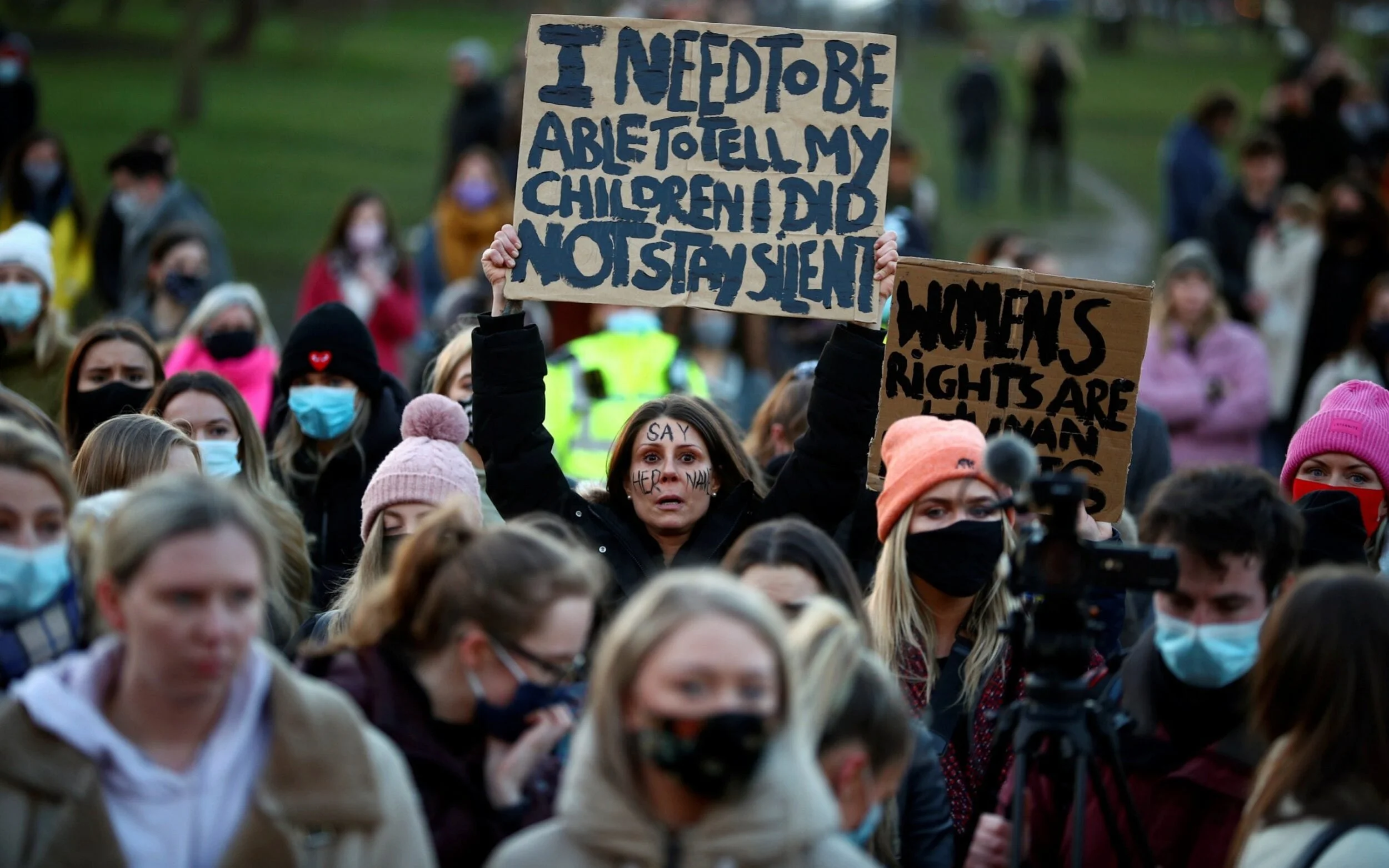The Police, Crime, Sentencing and Courts Bill: How to Miss the Point
As of the 27th March 2021, the Police, Crime, Sentencing and Courts (PCSC) Bill had completed the second lap of its parliamentary circuit. Though there is potential for good, beneath it lays a disproportionately steep price tag.
The PCSC is an expansion of the government’s COVID emergency powers, and has – since March 2020 – been used to impose restrictions without acts of Parliament, in particular by increasing policing. This has serious implications on individual freedoms. If this does not already concern you, let’s talk about it more:
The PCSC is oddly detached from its context. The government responded to the Sarah Everard vigil, two days after the fact, by reiterating its stance on “the maintenance of public order”. It attempts to disguise the cost of civil liberties with discussions of existing laws addressing crimes against children and knife crime, whilst pledging to increase the minimum sentence of those charged with assaulting women from 50% to 66% of their total sentence. Whilst this is certainly a step in the right direction, it is cheapened by a clear infringement of Article 11 of the European Convention on Human Rights, through an attempt to curtail the freedom to assemble and express.
The Bill is also loaded with emotional vocabulary. It is obsessed with ‘serious’ offences that may cause ‘impact’ that is ‘significant’. Under Section 60(2), the Bill aims to execute these plans through a ‘statutory instrument’. This means that, under section 54 and 55, you could now spend up to 10 years in prison for defacing a statue; simultaneously, rapists are sentenced to a mere 5 years. It is also the same with manslaughter, depending on whether a police officer deems your public demonstration to cause an ‘annoyance’ that may have an ‘impact’ that is ‘significant’. This consequently gives licence to make arrests and respond with violent force.
PCSC fails to provide clarity on what distinguishes a ‘normal’ offence from a ‘serious’ one. So the next time you want to protest against awful working conditions, systematic racism, or even against vaccines, be sure to whisper and hope the police officer present on the day doesn’t determine that your protest has caused serious and significant impact.
The rushed nature of this bill is symptomatic of a continuing trend of a lack of accountability. Home Secretary Priti Patel claims that, to vote against the PCSC is to deny democracy – but nowhere is PCSC discussed in the 2015 Conservative Party manifesto. Emergency COVID powers, therefore, seem wasted on the police when 126,000 lives have been lost to the virus. The PCSC hopes to expand on the super-effective anti-COVID policing powers, which demonstrated their function as an undeniable asset for public protection in 2020 when the Crown Prosecution Service (CPS) found that 359 of 1252 prosecutions for anti-COVID protest were dropped. Instead of recognising the ineffective nature of existing methods and adapting them, the government has chosen reactionary authoritarianism in a time where transparency and communication is needed more desperately than ever.
This detachment becomes even more exasperating considering Boris Johnson’s claim that, “the fundamental issue that we have to address is that women must feel that when they make serious complaints, they are properly heard and addressed, and we’re going to make sure that that happens”. How is imprisoning people who come forward to be heard anything near “mak[ing] sure that that happens”? Indeed, during a global pandemic, one can expect to sacrifice a small portion of their liberties and trust the government to deliver the population to the optimal outcome. However, capitalising on the desperation of the oppressed to force control after a multitude of failed, and costly, attempts to limit contagion is not the response expected when so much of our faith has already been put on the line.
By disagreeing with the Bill, you are not voting against the protection of women in a time where, according to UN Women, 97% of women have experienced sexual abuse. You are, however, voting against legislation that pretends to have safety as its core interest, but instead perpetuates already divisive issues – issues we should all be concerned about. The populace should not have to ask for basic human rights; we demand authentic change. Navalny v Russia (2018) illustrated that the right to protest anything you desire is essential in maintaining basic liberty regardless of the perceived ‘annoyance’ it could potentially cause. With these new measures, people who have amassed the bravery to address their abuse publicly will be met with violent force and hefty jail-sentences, instead of abusers who are comfortably escaping justice. The PCSC is not about protection, it is about silence.



